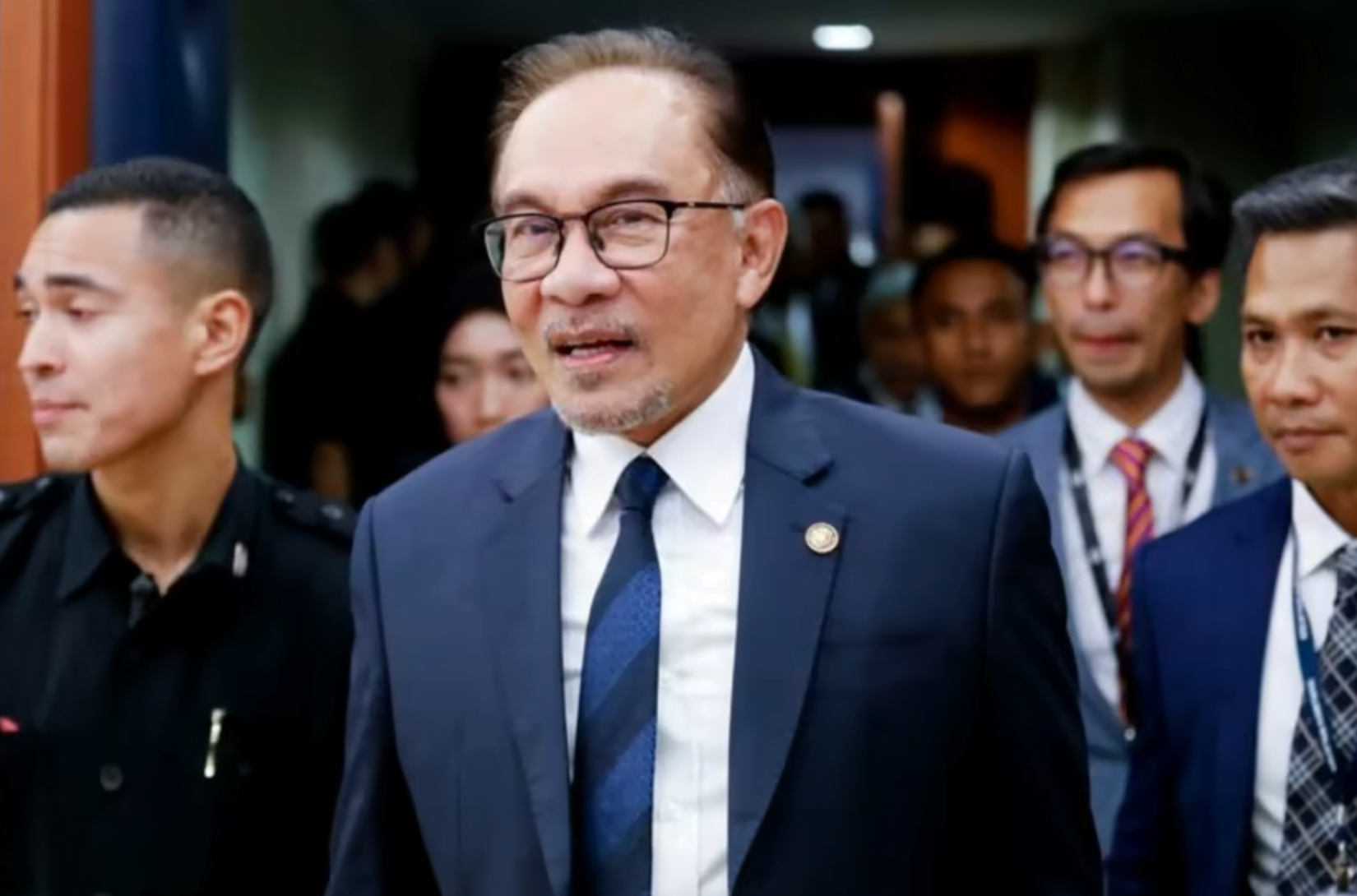
todayonline.com | 10-Feb-2023: KUALA LUMPUR — Prime Minister Anwar Ibrahim’s approval rating is 68 per cent, pollster Merdeka Center said on Friday (Feb 10).
Meanwhile, 54 per cent of the population think his unity government is doing a good job.
This is according to a survey carried out in the second month following November’s general election.
By demographic, Merdeka Center said 73 per cent of ethnic Chinese approved of the prime minister, followed by 91 per cent of ethnic Indian, about 70 per cent of Sabah and Sarawak bumiputera, and 60 per cent of Malay voters.
“Only 20 per cent of voters were dissatisfied with his performance.
“The same survey found that 54 per cent of voters were satisfied with the performance of the new unity government, while 25 per cent were not so,” it said in a statement.
The survey also identified that the government obtained positive responses from 67 per cent of ethnic Indian, 65 per cent of ethnic Chinese, 42 per cent of non-Muslim Bumiputera, 39 per cent of Muslim Bumiputera, and 48 per cent of Malay voters, nationwide.
“It should be noted that nearly one-quarter of voters refrained from giving their views, indicative of cautiousness after four years of tumultuous political developments that had gripped the country.
“Although the sense of cautiousness appears to prevail, there is also some optimism in many indicators.”
According to the indicators:
- 48 per cent of voters believe that the country is now headed in the right direction, compared to just 20 per cent in October 2022.
- 43 per cent of voters expressed optimism about the national economy in the coming year, up from 23 per cent in October last year
- 38 per cent of voters were optimistic about their personal financial prospects compared to 26 per cent in October 2022.
Merdeka Center said the prevailing “wait-and-see” attitude is likely underpinned by strong voter concerns about economic growth and cost of living.
This, it said, was mentioned by nearly 20 per cent and 19 per cent, respectively, in the survey as issues the new government should focus on.
This was followed by increasing investment in the economy (12 per cent), fighting corruption (10 per cent) and improving the quality of education (9 per cent).
The survey also found that a vast majority – 79 per cent of voters – welcomed the results of the election.
Additionally, voters were also asked to rate their views on a number of developments surrounding the formation of the new unity government. The findings are as follows:
- 83 per cent accepted the Agong’s appointment of Anwar as the 10th prime minister.
- 77 per cent believed that the unity government can bring about stability and inclusiveness in the country’s politics.
- 75 per cent accept Perikatan Nasional’s decision to remain as opposition.
- 66 per cent accepted Barisan Nasional’s decision to join the Pakatan Harapan-led unity government.
The pollster said the survey results reflect a Malaysian electorate that is keen to put aside the instability that had mired the country’s politics in the past and move on to provide room for the new leadership to prove themselves.
“While many accept the unity government, the public is also reserving their assessment on the new government.
“A key factor in determining public satisfaction will be how well it can address the long-standing problem of tepid economic growth and rising cost of living.”
It said that the reception towards the revamped 2023 national budget due to be tabled in the coming weeks will be an important milestone that will drive public response towards the new administration.
The survey was carried out by the Merdeka Center for Opinion Research on December 26 to January 15 to gauge voters’ perceptions of current developments.
The participants were 1,209 registered voters comprising 52 per cent Malay, 29 per cent Chinese, 7 per cent Indian, 6 per cent Muslim Bumiputera and 6 per cent Non-Muslim Bumiputera (from Sabah and Sarawak).
This, it said, is reflective of the national electoral profile. They were interviewed via fixed line and mobile telephones.
Respondents were selected on the basis of random stratified sampling along age group, ethnicity, gender and state constituency. The poll was funded by Merdeka Center’s internally generated financial resources. THE MALAYSIAN INSIGHT
